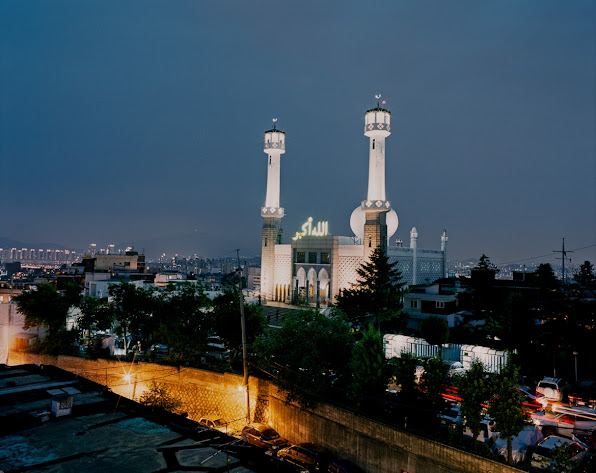Yusuf Ali Explanation:
Not the smallest action, word, thought, motive, or predilection but must come into the account of Allah. Cf. Browning (in Rabbi Ben Ezra): "But all, the world's coarse thumb and finger failed to plumb, so passed in making up the main account; All instincts immature. All purposes unsure. That weighed not as his work, yet swelled the man's account; Thoughts hardly to be packed into a narrow act. Fancies that broke through language and escaped; All I could never be, All, men ignored in me, This, I was worth to God, whose wheel the pitcher shaped."
The literalism of Sale has here excelled itself: he translates, "and there will be sufficient accountants with us"! What is meant is that when Allah takes account, His accounting will be perfect: there will be no flaw in it, as there may be in earthly accountants, who require other people's help in some matters of account which they do not understand for want of knowledge of that particular department they are dealing with. Allah's knowledge is perfect, and therefore His justice will be perfect also; for He will not fail to take into account all the most intangible things that determine conduct and character. See last note. There is no contradiction between this and xviii. 104-105, where it is said that men of vain works, i.e., shallow hypocritical deeds, will have no weight attached to their deeds, in fact the two correspond.
Tafsir Qur'an Wiki:
The present passage concludes with a final scene from the Day of Reckoning. The mustard seed here represents the smallest and lightest thing our eyes can see. Yet not even a mustard seed is overlooked or ignored. The scales that are used are so accurate that a single mustard seed makes a difference.
Let people, then, reflect on what they put forward for that day. Let hearts be attentive to the warnings, and let those who turn their backs or indulge in ridicule be warned. They may be able to evade punishment in this life, but on Judgement Day the reckoning takes every little thing into account. The scales then are so accurate that even a tiny seed can make all the difference.
Thus, the accurate scales of the hereafter, the unfailing laws of the universe, the rules applicable to advocates of the faith and the laws of human nature converge in perfect harmony, operated by the hand of the Almighty. This testifies to the truth of God’s oneness, the theme that pervades this whole sūrah.
You may like to listen to Tafseer of verses 47-49, with special reference to set of verses 42-47 of Surah Al-Anbiya by Shaykh Abdul Nasir Jangda, A specialist in Sīrah & Hanafi Fiqh:































